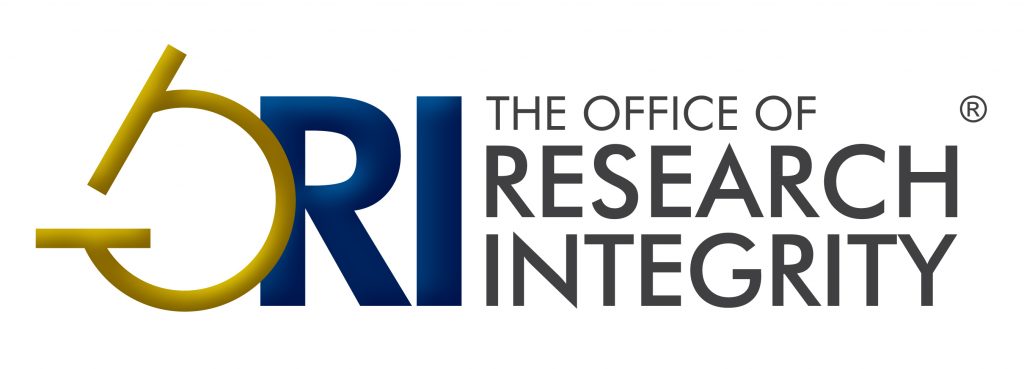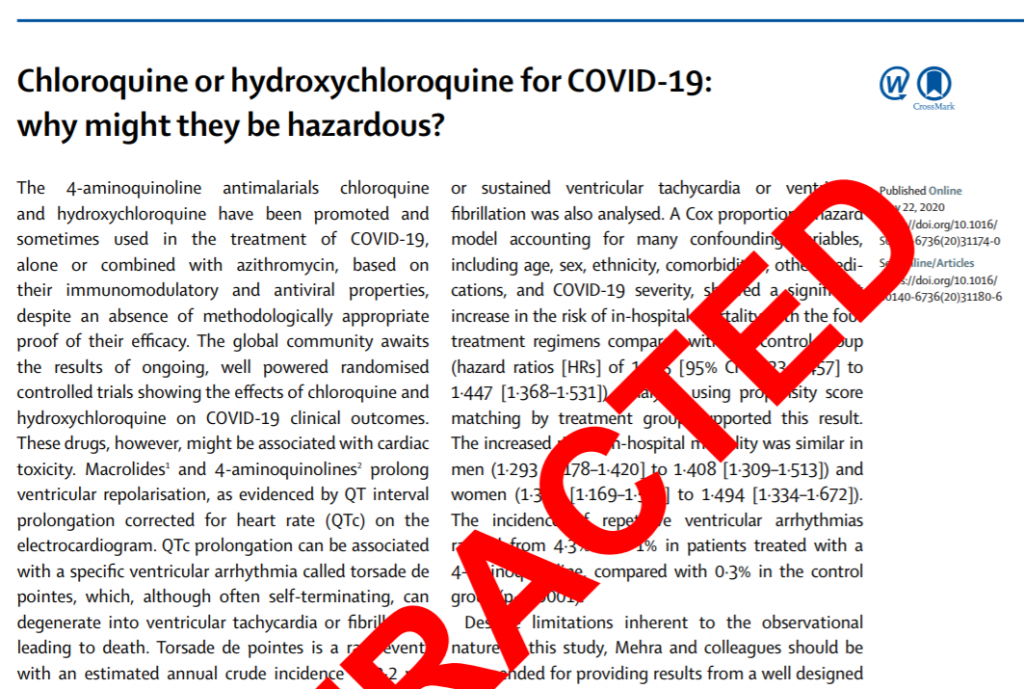
This is an invited guest post related to news about two suppression reversals announced today by Clarivate.
The research process is rarely straightforward. There are a myriad of ways in which it can go wrong, from the inception of a hypothesis that goes on to be disproved, to failed experiments and rejected manuscripts, hopefully ending in the “happily ever after” of adding to the scholarly record through publication and worldwide dissemination… before starting all over again. Being able to build on the corpus of existing knowledge is essential for future discoveries and innovation: As Newton wrote back in 1675 “If I have seen further, it is by standing upon the shoulders of giants.”
Sadly, we know that even once published, many scientific results are not easily reproducible, and some are amended or retracted. Fraud and misconduct might be the attention-grabbing explanations for the lack of reproducibility in research, but more often than not, it is honest mistakes or making decisions with inaccurate or incomplete information that lead to errata, corrigenda or retraction of articles. Many have argued we need to be more honest about this – and to see retraction as a good thing. Correction of the version of record should be embraced, rather than avoided, and the stigma surrounding retractions should be removed.
Why should the same not apply for suppression?
Continue reading The positive case for suppression: A guest post from the editor in chief of Clarivate’s Web of Science






